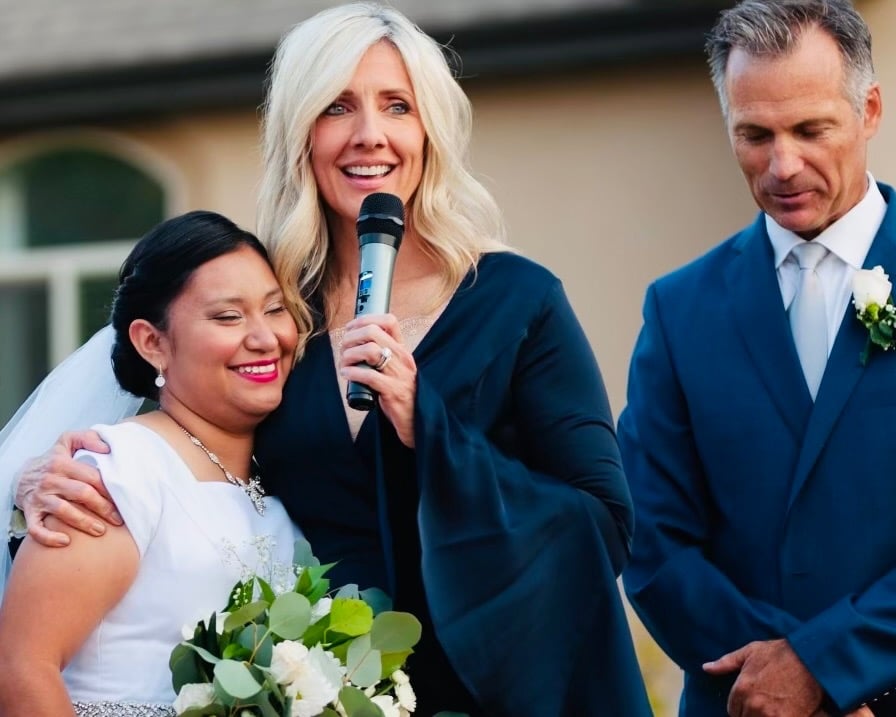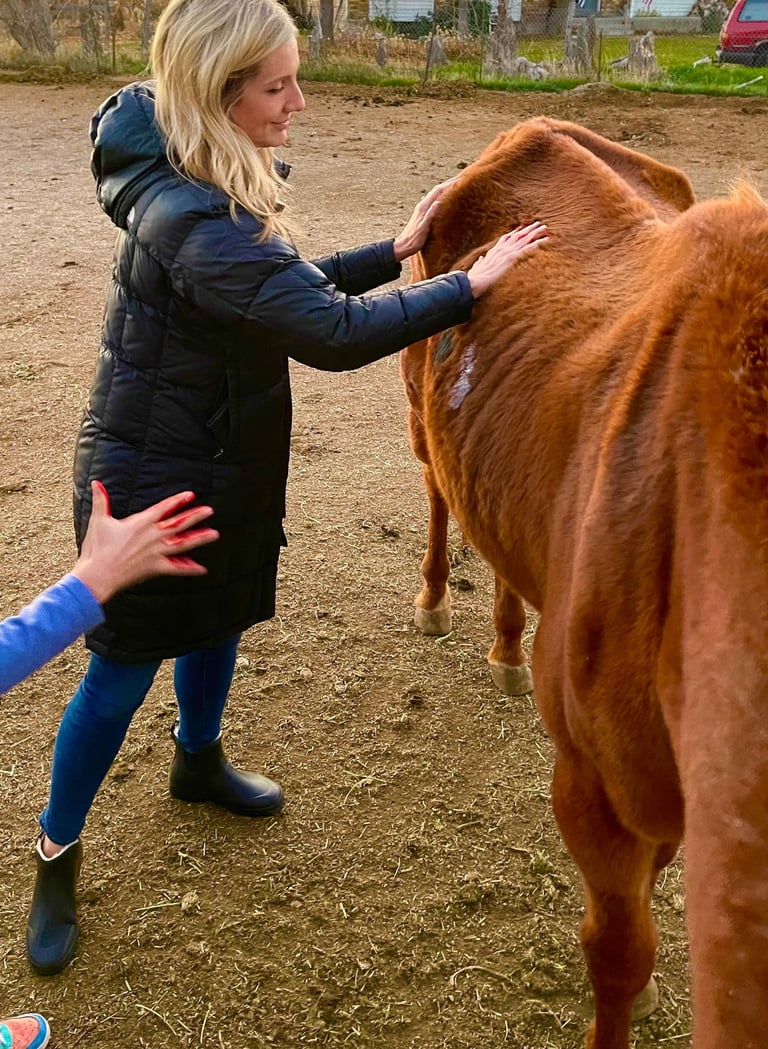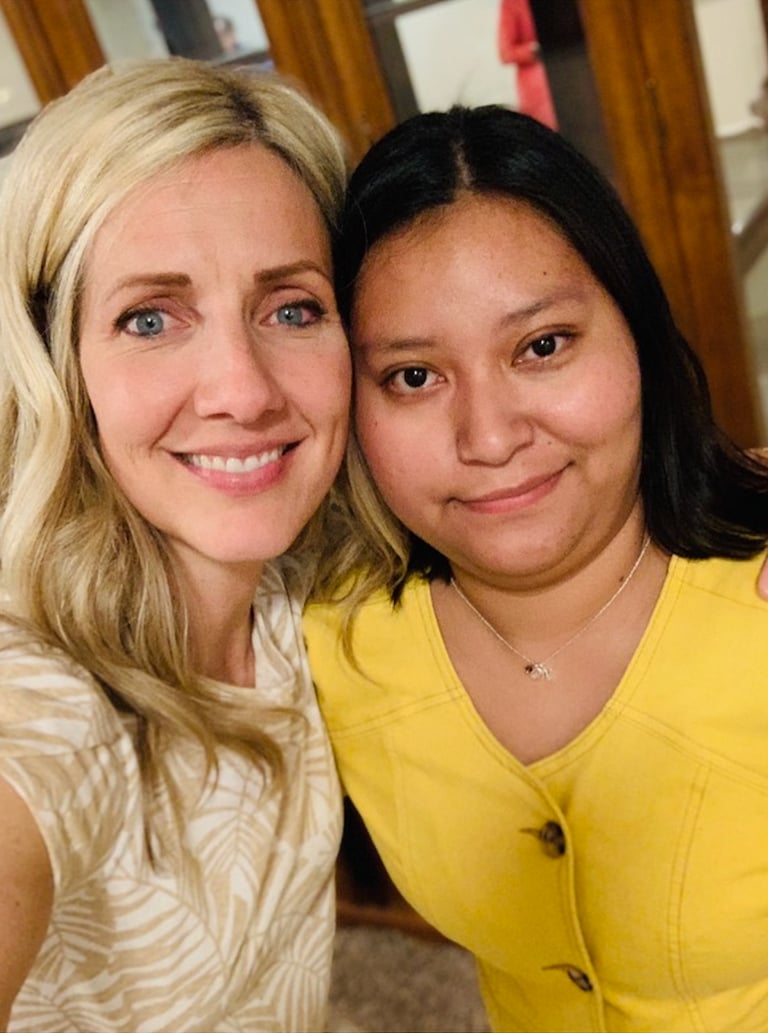Finding Success Through Cutting-Edge Therapy
Staff
8/2/20242 min read


“At Dahlia’s Hope, we’re proud that our therapists are trained in the most current modalities for complex trauma. If they’re great therapists but not yet trained in a new modality we want our therapists to provide, we pay for them to get certified. We don't know who's going to come to us as a survivor or what they'll need, so making sure therapists are trained in various modalities has to be a priority.
Complex trauma is just what it sounds like–multiple traumas that have happened to a person. There’s the horrible trauma of a sexual assault, of course, and then made more ‘complex’ by repeated, additional traumas. For some survivors, it’s the trauma of assaults happening multiple times over a long period. Also, maybe a survivor was trafficked by someone they knew and thought they could trust. Those are just some examples, and every situation is different. Trafficking involves the stacking of multiple traumas, which requires specifically trained therapists for healing.
Two of our board members are highly skilled therapists who provide us with valuable guidance regarding the most effective therapies needed for complex trauma. Over the last five years, we’ve continued to expand and adapt modalities specific to survivors of sex trafficking. For example, EMDR is a highly effective modality we use. New data has shown that ART is also very successful and when appropriate, replaces EMDR. We arm our therapists with the best tools, ensuring excellence for our survivors.
Other modalities include recreational therapy and animal-assisted therapies. Our therapeutic animal farm is the perfect setting to give our therapists the opportunity to be flexible and adapt their sessions, a critical component of growth for survivors.
But talk therapy has got to be primary. They can process a memory or a trauma in front of a therapist and regulate. And, they're taught tools on how to regulate outside of therapy, because you're not in therapy 24/7. They can regulate themselves, enough to last them until their next therapy appointment. With repetition, they learn to do this independently, which is the goal, and very empowering for a survivor.
With these wins, survivors progress and feel strong. They never have to feel like they’re on their own, and they can keep coming back to work with a therapist, even when they’ve ‘graduated’ from Dahlia’s Hope. We never say, ‘Okay, you've been taught the tools, you're done.’ They can actually come back again if they need to.
Survivors can achieve independence and self reliance. And, if they fall upon hard times again, we help them again. That’s still a success story.”
That’s still a success story. Following the data to embrace new modalities ensures we have more of them to offer.”
Cherstyn Stockwell
President and Founder
Dahlia’s Hope
Salt Lake City, Utah




Office: 801-949-1522
© Dahlia’s Hope, 2025 l EIN: 84-1994403
Address:
PO Box 850
Pleasant Grove, UT 84062

